Grants – Frequently Asked Questions
This section aims to help you determine the eligibility of your scheme for a grant.
What types of projects qualify for a grant?
The grants programme reflects the Trust’s own history, values and activities. This encompasses areas such as civil engineering, agriculture, education, the preservation of historic structures, the River Medway and community wellbeing in those areas of Cambridgeshire, Kent and Medway, Lincolnshire and West Yorkshire where the Trust has significant property holdings. For a full list of the types of projects supported and geographic priorities, please see our Grants Policy – General and Grants Policy – Estates.
What types of project do not qualify for a grant?
The Trust does not make grants for the advancement of religion; animal welfare; sport (except connected with the River Medway); directly for the prevention or relief of poverty; or for any purpose which is not charitable under the definitions of the Charities Act 2011. The full list of exclusions is set out in the Conditions for Award of Grants found in the Grants Policy – General.
Is my organisation eligible for a grant?
Grants will be made only to a registered, exempt or excepted charity; educational establishment; or other organisation with a charitable purpose or delivering an exclusively charitable project.
Organisations must be based in the United Kingdom and meet the governance criteria set out in the Grants Policy – General.
Can I apply for help with my organisation’s running costs?
With the exception of research and education projects, grants will be made only for capital works; for the purchase of materials and resources; or for publication costs.
How much funding can I apply for?
Grants should cover 25% to 75% of the total cost of a project, unless otherwise stated.
Grants for the purchase, for example, of educational materials will often be smaller amounts and cover 100% of the cost.
Why are education grants different?
Education grants fall under the same guidance as the Grants Policy – General. However small grants can be made to facilitate the purchase of materials for bridge building activities; transport to engineering or agriculture educational events; small prizes; professional skills accreditation; the advancement of equality and diversity in engineering, construction and agriculture.
Can individuals apply?
The only grants made to individuals are Rochester Bridge Trust scholarships, bursaries and prizes. For example, engineering and agricultural scholars, and professional skills accreditation (for approved schemes).
What are the geographical areas and why?
Many of the Trust’s grants are made where the project directly benefits all or part of the historic county of Kent, covering the areas now administered by Kent County Council, Medway Council and the London Boroughs of Bromley and Bexley; and areas where the Trust has a significant property holding: Holme, Conington or Sawtry Parishes (Cambridgeshire); Pilham, Corringham, Springthorpe or Heapham Parishes (Lincolnshire); and Parts of Almondbury, Kirkburton or Holme Valley Parishes (West Yorkshire)
Maps showing the detailed areas of eligibility are available. Applicants may be based outside these areas, provided the project benefits specifically those inside the eligible area.
These geographical restrictions are in place to ensure the grants relate to areas with links to the Rochester Bridge Trust.
Grants for education; traditional crafts and skills in the built environment and agriculture; the study of civil engineering, agriculture and related disciplines, and supporting the charitable work of learned societies and institutions in those fields; and for the advancement of health, equality and diversity in the engineering profession, construction and agriculture industries may be considered if they benefit the whole or a wider part of the United Kingdom, however the benefits must be available to the historic county of Kent.
What is the grant approval process?
The approval of grant applications varies depending on the amount applied for. All grants over £5,000 are subject to the approval of the Trustees, who meet three times each year, usually in February, May and September.
Applications should ideally be received in the month before the meeting, in January, April or August.

